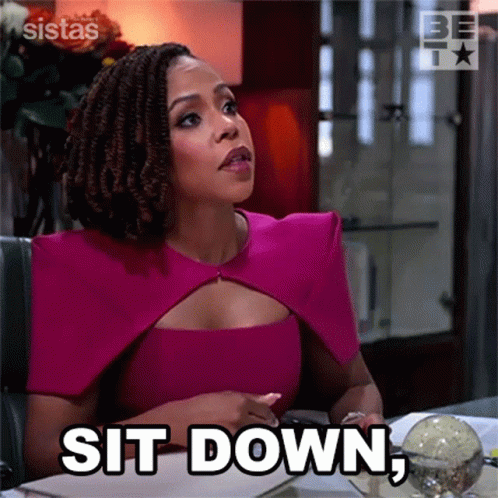3 Ways To Create Your Own Journaling Prompts For Creative Writing
If you're word-weary and paralyzed by choices, I have some guidance on making your own writing prompts. This is not your high-brow writing professor’s advice.

Hello Fellow Journalers!🖊️📖
Writing on a routine is difficult. Our bodies naturally crave movement. Even sloth-paced movement, which is my default. Writing usually means sitting, then the whole thinking before writing occurs. What happens between your thinking and writing? Your decisions. Do you know how many decisions your brain makes in a day? Between 33 and 35 thousand. Trying to make another decision about what to write about, on an already overwhelmed brain…good luck. (1)
If you're word-weary and paralyzed by choices, I have some guidance on making your own prompts for creative writing journaling. This is not your high-brow writing professor’s advice. I am too blunt and would never make tenure in that alternate reality. The task today is solely to get your ass down and write.

Mine Your Nostalgia
Your history is unique and no one else has full access like you do. Your photo albums, journals, and that one stuffed animal you keep hidden is all you (and that stuffed animal is almost as old as you, too).
- Pick a photo and write down every single thought you have pertaining to it. Repeat this exercise with other photos. Some photos may evoke stronger emotions than others. Skip these if you’re not prepared that day to feel them.
- Read your old journals or writing. Reflect on who you were then, and what you’ve learned. Maybe you can fix that one paragraph that nagged you 10 years ago. Or just write about how it still fucking nags you. I don’t care, just write it down.
- Hold your mementos (or your stuffy)! When did you last look at them or think about that time in your life? Write your memories regarding the items, any associated feelings, and random thoughts.

Make Your Own Challenges
The catchy 30-day diet is popular because... we understand it. There’s 30 days, 30 actions, 30 recipes, 30 workouts, etc. Your decision-exhausted brain mentally wraps around the idea and moves on.
- Choose a time-based theme (30-60-90 days) and make a calendar of prompts. Pick a category and write down subcategories on a calendar, and you check off each one as you finish it.
- A to Z: choose a category first. Part of the decision tree is done by organizing the prompts alphabetically. The next part is picking the category that alphabetizes such as verbs, sports, countries, etc. What type of decision-maker are you? Do you require them all made in advance? Pick the category, and pick the subcategory alphabetically. Commit.
- Your favorite bookish things and why. Maybe you love travel memoirs, stack your favorites and pick one a day to reminisce about. Or maybe it’s monster-themed erotica. Who cares? Just write about it!

If All Else Fails, Just Write That You Love Your Writing
No, you won’t turn into a narcissist. Who cares if the writing exercise will not win the Pushcart or Pulitzer? It’s a prompt, not the lynchpin that saves the world. A little confidence helps you attain those lofty goals anyway, and sometimes you literally need to remind yourself not that you love writing, but that you love your writing too.

-A Very Enthusiastic Journaler
P.S. If you've made it this far, please consider signing up for the monthly 311 newsletter. Want a preview? Head here.
Stay connected with me on LinkedIn, Pinterest, Instagram, and Facebook.
Follow and Review on Amazon, GoodReads, and StoryGraph.
Share and See all my social channels.
P.P.S. Are you a creator, blogger, writer, or just want to collaborate? Head here.

Citations
- Baumeister, R. F., & Vohs, K. D. (2013). Identity: Theories, research, and applications. Oxford University Press.



